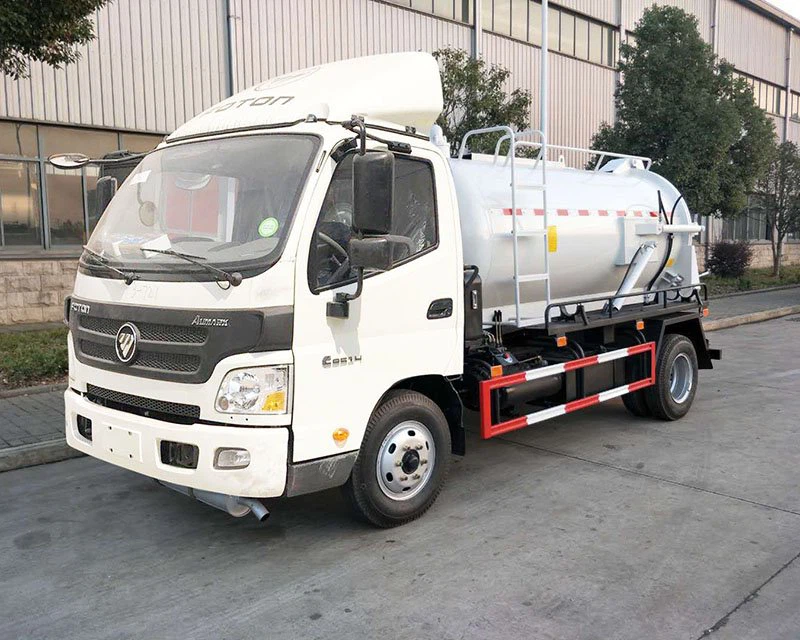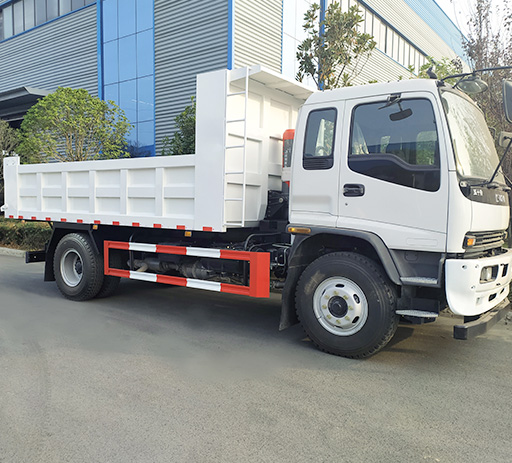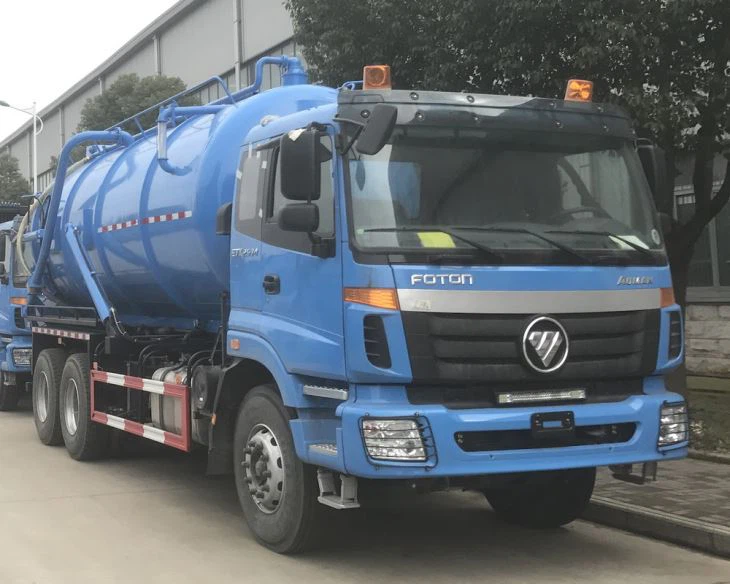Understanding Water Truck Price: Factors, Variations, and Practical Insights

Water trucks are essential vehicles for various industries, including construction, agriculture, and municipal services. Understanding the pricing of water trucks can help businesses make informed decisions about investments in these valuable assets. This article delves into the factors influencing water truck prices, provides examples, and addresses common questions to provide a comprehensive understanding of the subject.
What is a Water Truck?
A water truck is a vehicle designed to transport and distribute large volumes of water. They are typically equipped with a tank mounted on a truck chassis, and their uses span a wide range, including:
- Construction sites for dust control
- Agricultural irrigation
- Firefighting efforts
- Environmental cleaning and dust suppression
Factors Affecting Water Truck Prices
1. Type of Water Truck
Water trucks come in different types, each affecting the overall price:
- Standard Water Trucks: Typically used for general purposes, they are the most common and often the least expensive.
- Specialized Water Trucks: Vehicles designed for specific tasks, such as firefighting or agricultural spraying, which can significantly increase costs.
- Custom-built Water Trucks: Designed to meet unique company specifications, these can also be more expensive due to their tailored features.
2. Size and Capacity
The size of the water truck’s tank directly influences the price. Common capacities range from 1,000 gallons to over 6,000 gallons. Generally, larger tanks equate to higher costs due to increased material use and engineering requirements.
| Tank Capacity | Approximate Price Range |
|---|---|
| 1,000 – 2,000 gallons | $30,000 – $50,000 |
| 2,000 – 4,000 gallons | $50,000 – $85,000 |
| 4,000 – 6,000 gallons | $85,000 – $130,000 |
3. New vs. Used Trucks
The age and condition of a truck will greatly influence its price. New trucks come with warranties and the latest technology but carry premium costs. On the other hand, used trucks can offer considerable savings, but buyers should account for potential repairs and maintenance.
4. Manufacturer and Brand
Reputable brands often charge higher prices due to established trust and reliability. Consider the long-term operational efficiency and spare parts availability when choosing between brands.
5. Features and Specifications
Water trucks can come equipped with advanced features such as:
- Pumps for faster water distribution
- Agitation systems for mixing chemicals
- GPS tracking and telemetry systems
These additional features can substantially affect pricing, so companies should evaluate their specific needs against costs.
6. Geographic Factors
The location of purchase can influence water truck prices due to local market conditions, demand, and availability. Urban areas may have higher prices compared to rural areas due to demand and supply factors.

Average Water Truck Prices by Type
1. Standard Water Trucks

The average cost of standard water trucks ranges from $30,000 to $100,000, depending on size and specifications.
2. Firefighting Water Trucks
Firefighting trucks are specially designed and can range from $70,000 to $150,000, depending on the features required.
3. Agricultural Water Trucks
These trucks typically range from $40,000 to $120,000 based on tank capacity and additional farming-specific features.
Buying Water Trucks: Key Considerations
1. Define Your Needs
Before making a purchase, clearly outline your requirements. Consider how much water you need to transport, the type of terrain, and what additional features may be necessary.
2. Budget Planning
Establish a realistic budget that accommodates not just the purchase price but also fuel, maintenance, and potential financing costs. Always factor in additional expenses such as insurance and operating costs.
3. New vs. Used Decision
Weigh the benefits of buying new against the savings of purchasing used. If opting for a used truck, conduct thorough inspections or consider purchasing from reputable dealers that offer warranties.
4. Inspect Before Buying
Always conduct a thorough inspection. Pay attention to the tank’s condition, pump functionality, and any signs of rust or wear. If possible, take a test drive.
Maintenance and Operating Costs
1. Regular Maintenance Needs
Like any vehicle, water trucks require regular maintenance, including:
- Oil changes and fluid checks
- Tire maintenance
- Tank cleaning and inspections
2. Fuel Costs
Fuel is one of the largest ongoing costs associated with operating a water truck. Keep track of fuel consumption and consider optimizing routes to decrease costs.
3. Repair Costs
Be prepared for repair costs associated with wear and tear. Creating a maintenance log can help predict when repairs are due, aiding in budgeting.
Practical Examples and Tips
Example 1: Construction Site Application
A construction company requires a standard water truck for dust control. They decide to purchase a new 2,000-gallon truck priced at $60,000. They plan for maintenance costs of roughly $1,500 a year and fuel costs averaging $3,000 annually.
Example 2: Agricultural Use
An agricultural operation needs a specialized water truck for irrigation. They opt for a used 4,000-gallon truck for $70,000. They budget for $2,000 yearly in maintenance and fuel costs around $2,500 due to the truck’s efficiency.
FAQ Section
1. How much does a water truck cost on average?
Water truck prices typically range from $30,000 for standard models to $150,000 for specialized trucks, depending on size and features.
2. What is the best size water truck for small projects?
For small projects, a 1,000 to 2,000-gallon water truck is often sufficient, balancing portability with sufficient water capacity for various tasks.
3. Are financing options available for purchasing a water truck?
Yes, many dealers offer financing options, and it can be beneficial to compare terms to find the best deal for your budget.
4. How do I maintain a water truck?
Regular maintenance includes oil changes, tire checks, and cleaning the tank. Keeping a maintenance log can help keep track of necessary services.
5. Can I use a water truck for purposes other than hauling water?
Yes, water trucks can be used for various purposes, including dust suppression and delivering other liquid materials like fertilizers or chemicals.

6. What are the regulations around using water trucks?
Regulations vary by location. It’s essential to check local laws regarding water usage, transportation, and environmental regulations to ensure compliance.
